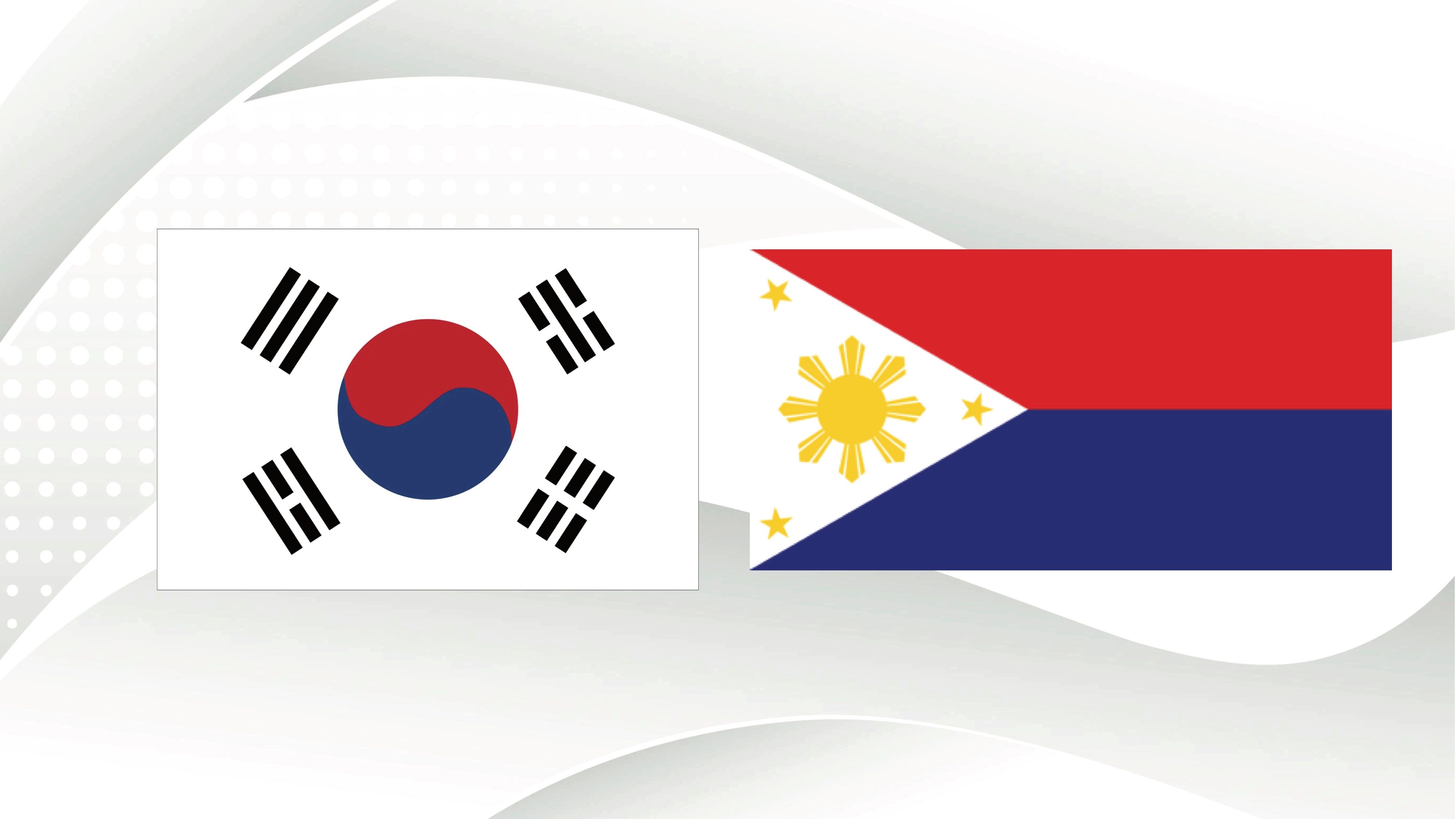With the Philippine Senate's ratification of the Free Trade Agreement (FTA) with South Korea, not only would exporters of fruits like bananas and pineapples benefit from the trade accord but investments from SK would also flow in.
At least, this is what is contained in the FTA that both countries signed in September last year.
What is left now is for the South Korean National Assembly to ratify the FTA.
In the Senate, 21 senators voted in favor of ratification of FTA which will remove Philippine tariffs on 96.5 percent of goods coming from SK while Seoul would lift tariffs on 94.8 percent of Philippine products, reported Business World.
The Constitution requires concurrence by two-thirds of the Senate’s members for ratification of international agreements and treaties.
Under the FTA, the Philippines secured the elimination of 1,531 tariff lines on agricultural goods, of which 1,417 would be removed after the FTA enters into force.
It will also remove 9,909 tariff lines of industrial goods, 9,747 of which would be removed after the deal enters into force.
Opportunities
“It presents an opportunity to expand the number of our commodities that can access the Korean market. But to fully benefit from the FTA we must improve our infrastructure and regulatory environment to attract investments from Korea,” said Enunina Mangio, president of the Philippine Chamber of Commerce and Industry.
She also cited the need for the government to upgrade the technological capabilities of local industries to make them more competitive.
South Korean automakers are expected to benefit from the FTA, which will remove the 5 percent import duties on Korean-made automobiles. Tariffs on Korean electric and hybrid vehicles would also be eliminated within five years.
The Philippines is expected to attract as much as P200 billion worth of foreign direct investments for the electric vehicle industry and agricultural processing sector within three years, according to estimates from the Department of Trade and Industry.
The Philippines is also seen to increase banana and processed pineapple exports to Seoul. Tariffs on Philippines bananas, which are currently slapped 30 percent, will be removed within five years. At the same time, the 36 percent tariff on processed pineapples from the Philippines will be removed in seven years.
“This is a good development for our banana and pineapple industries as they can get a bigger market in South Korea,” former Agriculture Undersecretary Fermin D. Adriano said.
Data from the United Nations Commodity Trade Statistics Database showed South Korea as the Philippines’ third-biggest market for fresh bananas in 20223 with exports reaching $164.54 million, after China ($359.77 million) and Japan ($562.58 million).
‘Game-changer’
South Korean Ambassador to the Philippines Lee Sang-hwa previously said that he is banking on the FTA to be a “game-changer” for trade and investment between Manila and Seoul.
In 2023, South Korea was the Philippines’ fifth-largest trading partner with total trade reaching about $12 billion, records of the Philippine Statistics Authority said. Exports to South Korea last year were valued at $3.53 billion, while imports were at $8.49 billion.
This is the third FTA involving the Philippines and South Korea, after the Korea-ASEAN FTA and the Regional Comprehensive Economic Partnership.
Criticism
Think tank IBON Foundation executive director Jose “Sonny” A. Africa, said the expected increase in exports of these agricultural products is unlikely to boost the economy much as the government is “better off adopting an industrial policy.”
“The proposed FTA is going to be entered into outside of a real strategy for national industrialization and so will be a policy step backward,” he told Business World adding that “these investments have to be more embedded in the local economy to contribute to broader national industrial development.”
Federation of Free Farmers National Manager Raul Montemayor said the free trade pact gives no assurance that Philippine farmers “will gain much” compared with the Korean automakers that will have improved market access to the Philippines.
“Our other concern is that most of the benefits, if any, go to big multinationals who capture most of the profits from exports,” he said.
Photo Courtesy: PNA
#WeTakeAStand #OpinYon #PHandSKFTA #IBONFoundation

